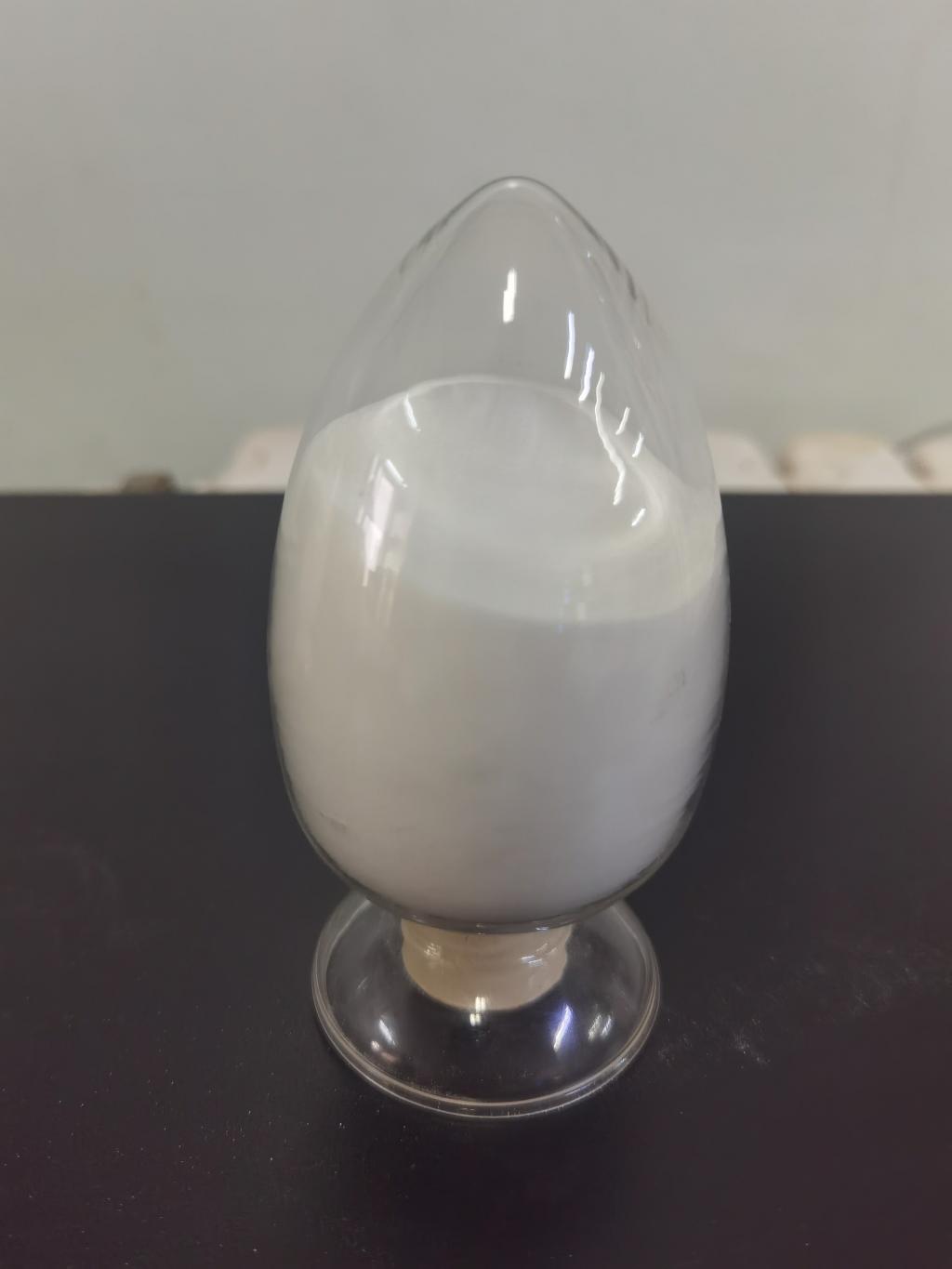Tel:+8618231198596

News
 CONTACT
CONTACT
 CONTACT
CONTACT
- Linkman:Linda Yao
- Tel: +8618231198596
- Email:linda.yao@dcpharma.cn
- Linkman:CHARLES.WANG
- Department:Overseas
- Tel: 0086 0311-85537378 0086 0311-85539701
News
Current Position:
Home >
News
>ε-Polylysine hydrochloride's applications in controlling microbial growth in foods.
ε-Polylysine hydrochloride's applications in controlling microbial growth in foods.
TIME:2023-08-23
Introduction:
Pickled and fermented foods have a rich history across cultures, offering flavors that are the result of microbial activity during the preservation process. However, the growth of unwanted microorganisms can lead to off-flavors, spoilage, and even health risks. ε-Polylysine hydrochloride, derived from natural sources, emerges as a potential solution to address these challenges while preserving the sensory attributes of pickled and fermented foods.
Mechanisms of ε-Polylysine Hydrochloride:
ε-Polylysine hydrochloride exerts its antimicrobial effects through multiple mechanisms:
Cell Membrane Disruption: Similar to lactic acid bacteria in fermentation, ε-polylysine hydrochloride disrupts bacterial cell membranes, leading to cell leakage and death.
Enzyme Inhibition: It interferes with microbial enzymes vital for growth, inhibiting essential metabolic processes.
Preservation of Lactic Acid Bacteria: ε-Polylysine hydrochloride's targeted action helps preserve the beneficial lactic acid bacteria responsible for fermentation.
Applications in Pickled and Fermented Foods:
ε-Polylysine hydrochloride offers versatile applications in the realm of pickled and fermented foods:
Fermented Vegetables: Incorporating ε-polylysine hydrochloride can prevent spoilage bacteria, maintaining the distinctive texture and flavor of fermented vegetables.
Fermented Dairy Products: ε-Polylysine hydrochloride can extend the shelf life of yogurt, kefir, and other fermented dairy products by controlling unwanted microbial growth.
Pickled Fruits: Application of ε-polylysine hydrochloride can mitigate yeast and mold growth in pickled fruits, ensuring their safety and quality.
Fermented Beverages: ε-Polylysine hydrochloride can maintain the integrity of fermented beverages like kombucha, preventing unwanted microbial contamination.
Benefits of ε-Polylysine Hydrochloride in Pickled and Fermented Foods:
Incorporating ε-polylysine hydrochloride offers numerous benefits for the preservation of pickled and fermented foods:
Extended Shelf Life: By inhibiting microbial growth, ε-polylysine hydrochloride can extend the shelf life of these foods, reducing wastage.
Maintaining Flavor and Texture: The targeted action of ε-polylysine hydrochloride helps preserve the authentic flavors and textures of pickled and fermented foods.
Microbial Safety: Controlling unwanted microbial growth enhances food safety by minimizing the risk of foodborne pathogens.
Reduced Chemical Use: The integration of natural antimicrobials aligns with consumer preferences for cleaner labels and fewer synthetic additives.
Challenges and Considerations:
While ε-polylysine hydrochloride holds promise, certain challenges should be addressed:
Dosage Optimization: Determining the appropriate dosage of ε-polylysine hydrochloride to effectively control microbial growth without affecting fermentation dynamics.
Cultural Significance: Ensuring that the incorporation of ε-polylysine hydrochloride does not compromise the cultural authenticity of traditional foods.
Regulatory Approval: The regulatory landscape for ε-polylysine hydrochloride as a food additive may vary, requiring compliance across regions.
Implications for Traditional Food Preservation:
The utilization of ε-polylysine hydrochloride in controlling microbial growth in pickled and fermented foods carries implications beyond immediate preservation:
Cultural Preservation: Safeguarding the authentic flavors of traditional foods contributes to the continuity of culinary traditions.
Consumer Safety: Enhancing food safety minimizes the risk of foodborne illnesses, protecting consumer health.
Sustainability: Reducing food wastage through extended shelf life aligns with sustainable food production practices.
Future Directions and Conclusion:
The applications of ε-polylysine hydrochloride in controlling microbial growth in pickled and fermented foods demonstrate its potential to revolutionize food preservation practices. Further research is needed to address challenges, optimize dosage, and assess the sensory impact. As the food industry seeks alternatives that balance tradition, safety, and sustainability, ε-polylysine hydrochloride emerges as a valuable tool that aligns with the goals of preserving cherished flavors, ensuring food safety, and embracing more sustainable food preservation practices. Its potential to shape the future of food preservation underscores a progressive journey toward healthier, safer, and more culturally significant culinary experiences.
- Tel:+8618231198596
- Whatsapp:18231198596
- Chat With Skype







